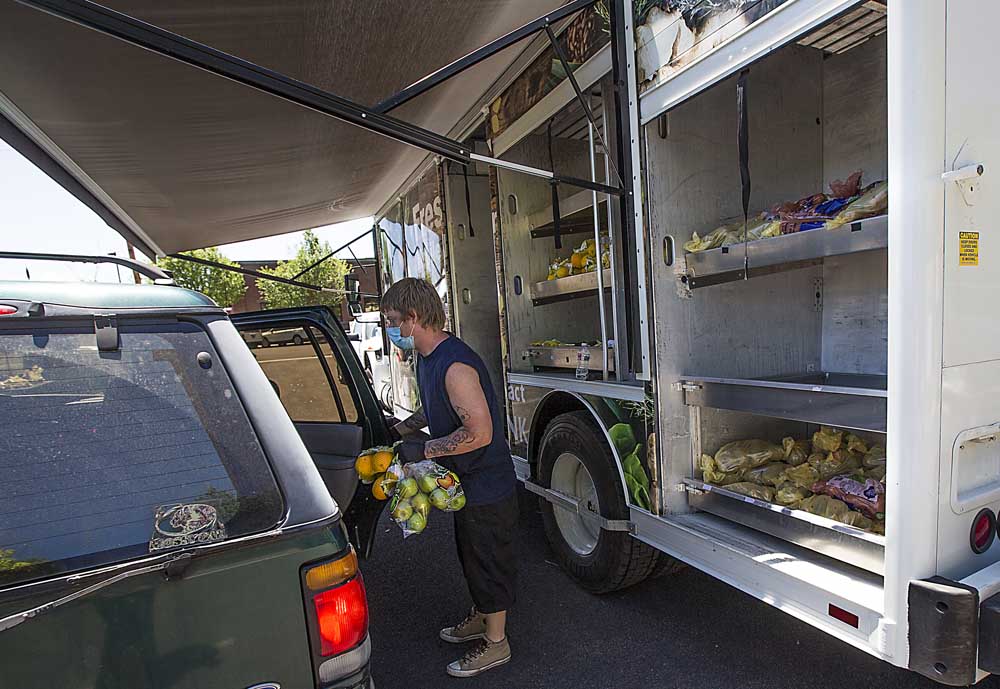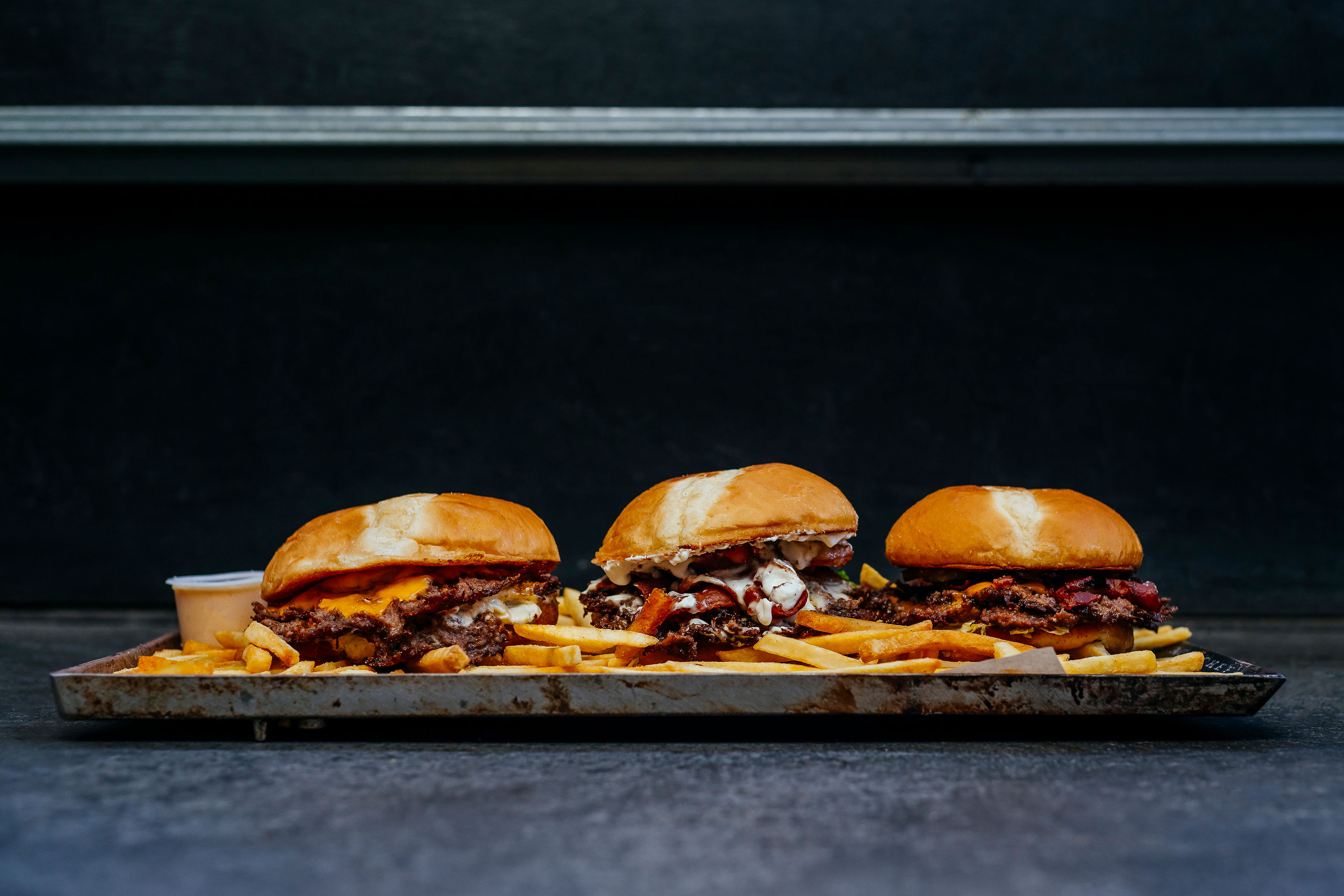Nearly 40 years after ‘The Great Santini,’ Pat Conroy follows up
Published 8:08 pm Sunday, November 17, 2013

- The time that homes, like this new one on Northwest Awbrey Road in Bend, stay on the market has started to creep up, although it's still below levels seen over the last six years.
“The Death of Santini: The Story of a Father and His Son”
by Pat Conroy (Knopf Doubleday Publishing Group, 352 pgs., $28.95)
In his 1976 novel, “The Great Santini,” Pat Conroy spilled all the beans that a good son is never supposed to spill: He wrote about his brutal father, his cowed mother, his frightened and abused siblings, and his own defiant and terrorized young self — all thinly disguised, of course, as fiction.
Like Bull Meecham in the novel, Donald Conroy really was a Marine fighter pilot, really did beat and terrorize his wife and kids, really did drink to excess, really did swagger around and call himself “The Great Santini.” The book was a bestseller, and it was later made into a blockbuster movie starring Robert Duvall as the volatile dad.
All this caused enormous turmoil in the extended Conroy family. “Nice going, Pat,” Conroy’s mother reportedly said. “You stabbed your own family right through the heart.”
His grandparents, aunts and uncles were horrified at the airing of family secrets, and they picketed his book events, urging people to stay away. His siblings were divided; they agreed the depiction was accurate, but they didn’t agree on whether it should have been written.
And what of his father? What was the reaction of the brutal and sneering Great Santini?
Ah, well, guess what: He loved it.
Conroy, 68, lives in Beaufort, S.C., with his third wife, novelist Cassandra King. He’s the author of 11 books — novels, memoirs and a cookbook – most of which are about that brutal upbringing. His new memoir is “The Death of Santini: The Story of a Father and His Son,” and Conroy recently took a break from signing books – 8,000 of them! – at the Random House warehouse in Maryland to talk.
“Here’s what I was trying to do,” he said. “I certainly had eaten Dad alive in the novel. But in this book, this memoir, I wanted to write about Dad’s change after the novel came out.”
After publication of “The Great Santini” – perhaps because of “The Great Santini” – Conroy said, his father mellowed. He started dropping by Conroy’s apartment every morning to read the newspaper and chat. He turned into the world’s most attentive grandfather. “My daughters simply adored him,” Conroy said. “I said, ‘Dad, why don’t you break one of their jaws so they can see what you’re really like?’ and he said, ‘Don’t listen to him, girls, that boy exaggerates.’”
His father still had a mouth on him, but, “I think he’s the first person I’ve ever heard of who changed his entire life based on his son’s novel,” Conroy said. “The book gave Dad a road map to not be like he was when we were growing up.”
The metamorphosis didn’t happen immediately, of course, nor did Donald Conroy love “The Great Santini” right off the bat. When he first read it, he was furious. Then he wept. Then he disappeared for a few days, and his family feared that he had gone off to commit suicide. Such drama!
But he came back, wrote an open letter endorsing the book, slapped GREAT SANTINI license plates onto his car, and began showing up, pen in hand, at his son’s book events, where they signed books side by side.
“He signed longer inscriptions than I would,” Conroy said. “He’d write, ‘I hope you enjoy my son’s work of fiction,’ and he’d underline ‘fiction’ five or six times, and sign it, ‘Ol’ lovable, likable Donald Conroy.’”
Growing up in a volatile home had a profound effect on all seven Conroy children. For much of his life, Conroy said, he has battled depression, anxiety attacks and thoughts of suicide. Other siblings have also been deeply affected. His sister Carol, a distinguished poet, has battled mental illness and disassociated herself from the family. The youngest brother, Tom, “the prettiest child our parents produced,” suffered numerous breakdowns and finally leapt to his death from a Columbia, S.C., building on a summer night in 1994.
“The Death of Santini” is filled with contradictions: Conroy hates his father, he loves his father; his father is a brute, his father is a pussycat; Conroy himself is tough, but he frequently breaks down and sobs — the whole book is both macho and sentimental.
This dichotomy makes perfect sense to Conroy. “I have found human nature a bit contradictory in my living of it,” he said. “Human life is incredibly strange.”






